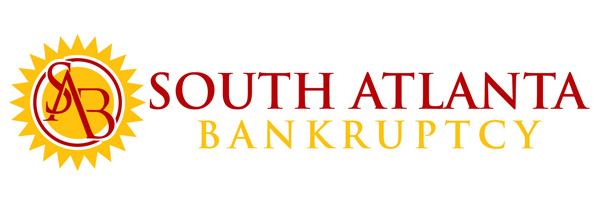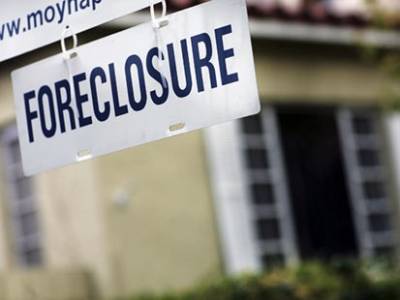Q: I fell behind on the house payments. My bank stopped accepting payments, and I received a letter saying that my mortgage has been “accelerated”, and that the matter has been referred to a lawyer for foreclosure. What does that mean? Will filing Chapter 7 help this situation?
A: When you file a Chapter 7 bankruptcy, an “automatic stay” goes into effect that instantly freezes the ability of a lender to proceed with foreclosure …whether the lender knows of the bankruptcy filing or not. (If a foreclosure has already taken place by the time you file, however, a bankruptcy will not retroactively reverse it).
Q: What is the effect of filing a Chapter 7 if the house is in foreclosure?
A: The “automatic stay” instantly stops foreclosures in a Chapter 7 just as it does in Chapter 13. However, the purpose in Chapter 7 is not to give the debtor a chance to reorganize the debt and keep his house. (That is the purpose of a Chapter 13: read about Chapter 13’s and foreclosure elsewhere on this website). Rather, the “automatic stay” in Chapter 7 is designed to give the Chapter 7 Trustee an opportunity to decide whether there is sufficient “equity” in property to allow the Trustee to sell it, pay off the mortgage, pay the debtor certain sums called “allowable exemptions”, and still have money left over to pay creditors whose claims are otherwise being discharged without payment.
Thus, filing a Chapter 7 sometimes delays the sale of the house, but in the end, the debtor is not in control. For administrative reasons, it usually takes at least three months for the Trustee to make a decision about the property, and so foreclosure is often delayed for at least that long.
Q: What if I have a lot of equity in the property? Can I keep it?
A: No. If there is a lot of equity in property (for example, equity in excess of $21,500.00 for one Debtor, or $43,000.00 for two Debtors), it is the legal obligation of the Chapter 7 Trustee to liquidate it and pay unsecured creditors. Thus, if there is sufficient equity, you may be able to save some of that value from being lost in foreclosure by filing Chapter 7. Eventually,
however, the Trustee may sell it whether you agree or not. He must then pay closing costs and pay you money in the amount of your allowable “exemptions”.
It is also possible in Chapter 7 to “settle” with a Chapter 7 Trustee even if you cannot exempt all of the equity you own. This requires negotiations between your lawyer and the Trustee, and the local knowledge of your attorney is important. For example, if it appears that the Trustee could realize $5,000.00 from selling property, he will usually be willing to “settle” by accepting the money, (usually in a lump sum) in lieu of the sale. You may have a relative or friend who would help out by buying out the “Trustee’s interest”. This might be very attractive to you if, for instance, you were able to discharge (wipe out) tens of thousands of dollars of debt while keeping your property by “settling” for a much smaller sum.
In most cases, however, there is no meaningful equity in property, and so the Chapter 7 Trustee will eventually “abandon” his interest in it. This will allow the mortgage lender to proceed to foreclose under state law whether the debtor agrees or not. Chapter 7 will wipe out any remaining debt on the house, and a lender is not permitted to issue you a 1099 for debts “forgiven” if they have not already done so before you file bankruptcy.
Call attorneys H. Brooks Cotten or Gina Karrh at 678-519-4143 to discuss your particular situation, and they can discuss your options with you.

